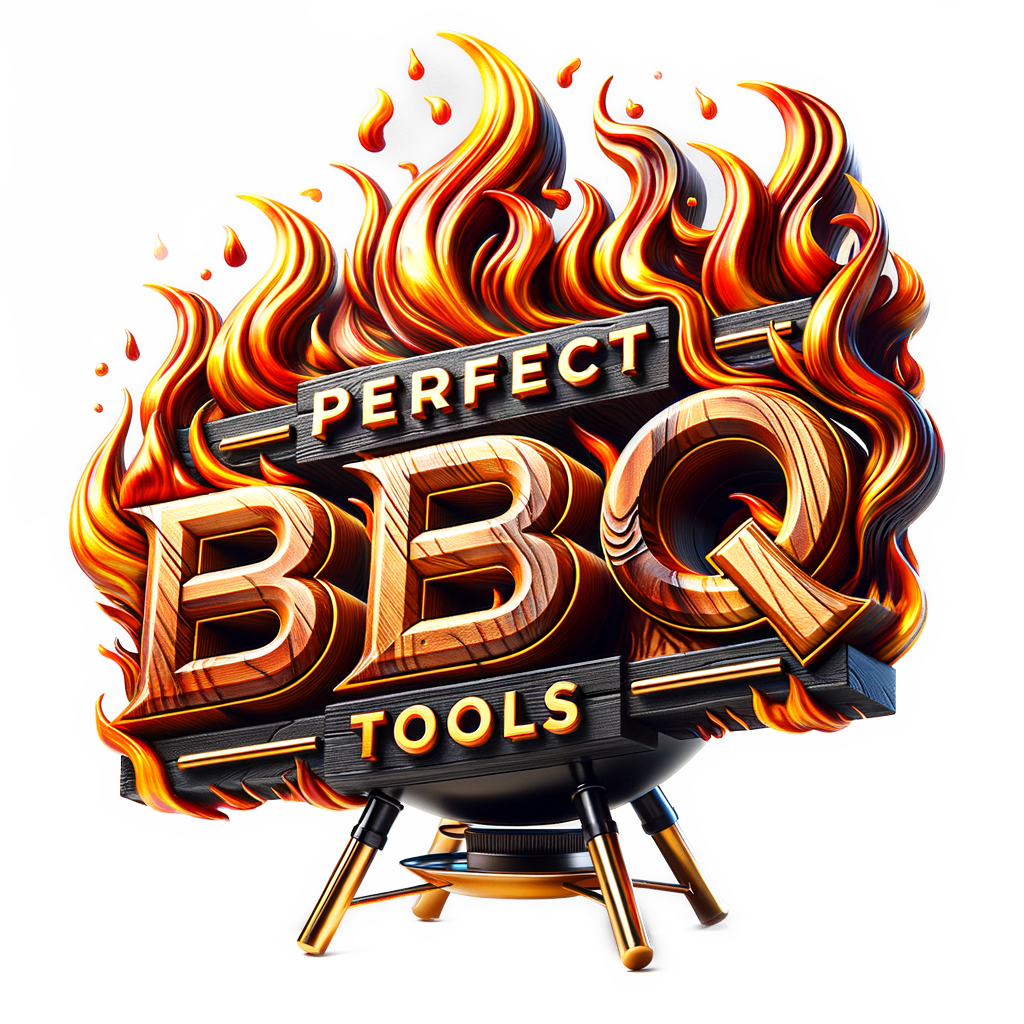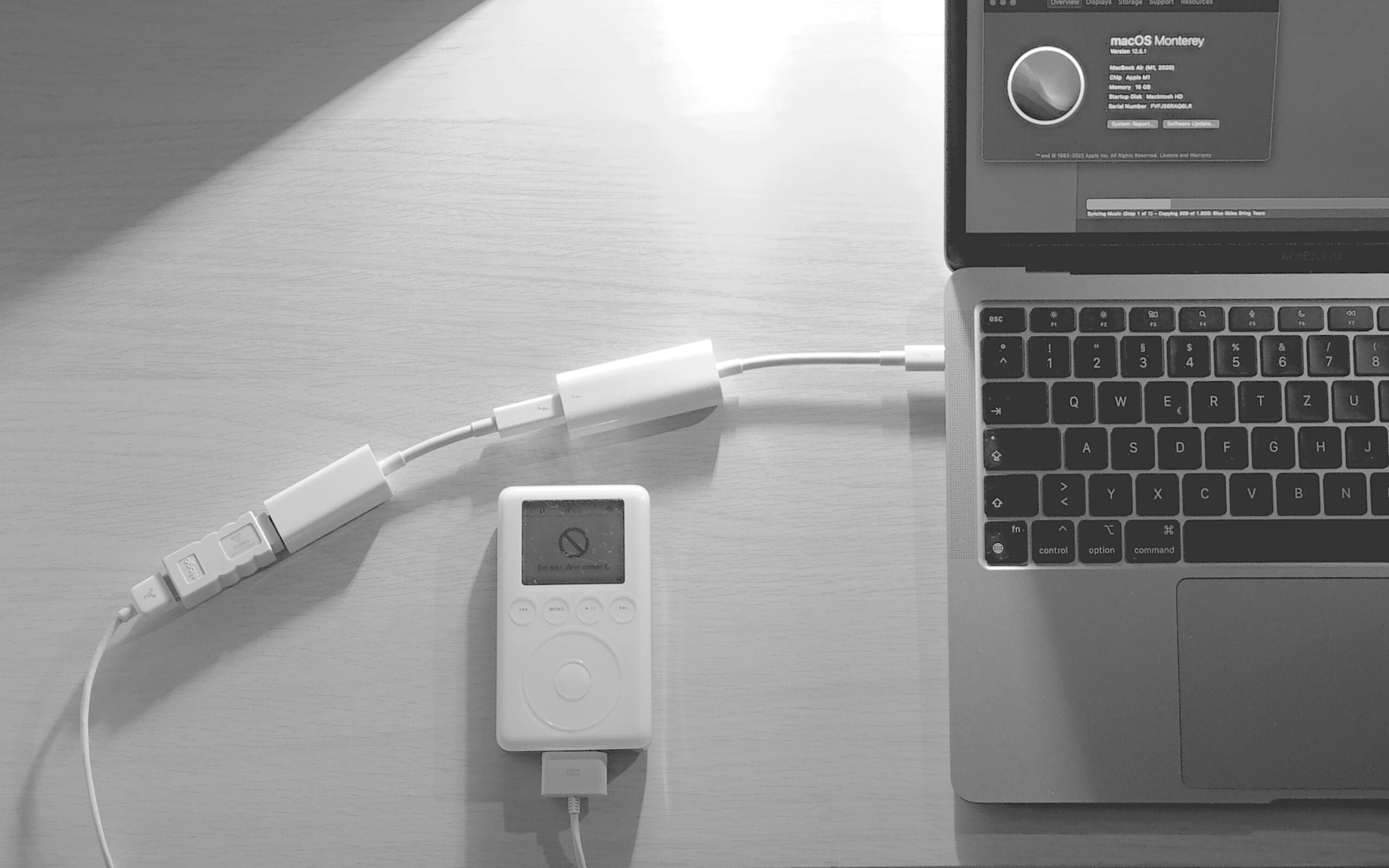Have you ever wondered how a grill fuel line adapter actually works? Grilling enthusiasts like you often seek to understand more about the equipment and accessories that make your grilling experience smoother and more enjoyable. A grill fuel line adapter might seem like a small, insignificant part, but it plays a crucial role in ensuring your grill functions properly. This article aims to demystify this essential component, providing you with detailed, easy-to-understand information.
What is a Grill Fuel Line Adapter?
A grill fuel line adapter is a device that connects your grill to its fuel source, typically propane or natural gas. This adapter not only ensures that the right type of fuel reaches your grill, but it also contributes to the safety and efficiency of your cooking experience.
Different Types of Fuel Line Adapters
Fuel line adapters come in various types to accommodate different connections and fuel sources. The two most common types are:
- Propane Adapters: These adapters are specifically designed for grills that use propane tanks.
- Natural Gas Adapters: These adapters are used if your grill is connected to your home’s natural gas line.
| Type of Adapter | Fuel Source | Common Usage Scenario |
|---|---|---|
| Propane | Propane Tank | Portable grills and small grills |
| Natural Gas | Natural Gas | Fixed outdoor kitchens and large grills |
Understanding the specific type of fuel line adapter you need will help ensure that your grill operates safely and efficiently.
Parts of the Grill Fuel Line Adapter
Each grill fuel line adapter is made up of several components that work together to deliver fuel from the source to your grill. Knowing these parts will help you understand how the adapter functions as a whole.
Adapter Fittings
Fittings are the parts that secure the adapter to your grill and fuel source. They come in different sizes and styles to match various grill models and fuel sources.
Hose
The hose connects the fittings to each other, acting as the conduit through which the fuel travels. Hoses are typically made from a durable material to withstand the pressure and type of fuel used.
Regulator
The regulator controls the flow of fuel from the source to your grill. It ensures that the fuel is delivered at a consistent and safe pressure. Different grills may require different regulator settings, so it’s essential to understand your specific needs.
| Component | Description |
|---|---|
| Fittings | Secure connections to grill and fuel source |
| Hose | Conduit for fuel transfer |
| Regulator | Controls fuel flow pressure |

How to Connect a Grill Fuel Line Adapter
Connecting your grill fuel line adapter might seem daunting at first, but it’s relatively straightforward with the right instructions. Here’s a step-by-step guide to help you with the process.
Step 1: Ensure Safety
Safety is paramount when dealing with gas and grilling equipment. Make sure your grill is turned off and the fuel source is disconnected. Inspect all components for any signs of wear or damage before proceeding.
Step 2: Attach the Adapter to the Fuel Source
Connect the fitting on one end of the adapter to your propane tank or natural gas line. Ensure the connection is tight and secure to prevent leaks.
Step 3: Connect the Grill to the Adapter
Attach the opposite fitting to your grill’s fuel input. Like the previous step, make sure this connection is also secure.
Step 4: Check for Leaks
Once everything is connected, turn on your fuel source and apply a soapy water solution to the connections. If bubbles appear, you have a leak that needs to be addressed.
Step 5: Test the Grill
Turn on your grill and make sure it ignites and operates correctly. If all connections are secure and there are no leaks, your adapter should function efficiently.
Here’s a quick reference table:
| Step | Action |
|---|---|
| Ensure Safety | Turn off grill; inspect components |
| Attach Adapter | Secure to fuel source |
| Connect to Grill | Secure to grill’s fuel input |
| Check for Leaks | Apply soapy solution to test for bubbles |
| Test Grill | Ignite grill and ensure correct operation |
Common Issues and Troubleshooting
Even with the best adapter, you might encounter some issues. Being able to identify and troubleshoot common problems will save you time and frustration.
Leaks
One of the most common problems is a fuel leak. If you smell gas or see bubbles after performing the soap test, you likely have a leak. Double-check that all connections are tight and secure. If the leak persists, you may need to replace the hose or fittings.
Inconsistent Flame
An inconsistent or weak flame can be caused by a clogged regulator or hose. Ensure that all parts are clean and free from debris. Sometimes, a weak flame can also result from low fuel levels in your propane tank or issues with your natural gas supply.
Ignition Problems
If your grill isn’t igniting, the problem could be within the adapter or the grill itself. Check that the regulator is functioning correctly and that the hose isn’t kinked or damaged.
| Issue | Possible Causes |
|---|---|
| Leaks | Loose connections, damaged hose |
| Inconsistent Flame | Clogged regulator, low fuel |
| Ignition Problems | Faulty regulator, damaged hose |

Maintenance Tips for Your Grill Fuel Line Adapter
Proper maintenance of your grill fuel line adapter will prolong its lifespan and ensure your grill operates safely and efficiently.
Regular Inspection
Regularly inspect the hose, fittings, and regulator for any signs of wear or damage. Replacing worn components before they fail can prevent more significant issues.
Cleaning
Clean the adapter parts periodically to remove any buildup that could clog the hose or regulator. Simple soap and water usually suffice, but ensure everything is completely dry before reassembly.
Safe Storage
If you are storing your grill for an extended period, disconnect the fuel line adapter and store it in a cool, dry place. This will prevent any potential damage from environmental factors.
When to Replace Your Fuel Line Adapter
Knowing when to replace your grill fuel line adapter is crucial for maintaining safety and performance.
Signs of Wear and Tear
Visible cracks, fraying, or other signs of wear indicate that it’s time to replace the adapter. Even if there are no visible signs, it’s generally a good idea to replace the hose every few years as a preventative measure.
Frequent Leaks
If you’re frequently encountering leaks despite tightening connections and replacing damaged components, it may be time for a new adapter. Chronic leaks can be dangerous and indicate deeper issues.
Reduced Performance
A decrease in your grill’s performance, such as weak flames or inconsistent heating, can be a sign that your adapter is no longer functioning correctly. Replacing it can restore your grill to its optimal performance.

Choosing the Right Grill Fuel Line Adapter
Selecting the correct adapter for your grill and fuel source is essential for safe and efficient operation.
Compatibility
Ensure that the adapter you choose is compatible with both your grill and your fuel source. Check the specifications from the manufacturer to confirm this information.
Quality
Invest in a high-quality adapter from a reputable brand. While it might be tempting to opt for a cheaper option, a high-quality adapter will typically last longer and perform better.
Customer Reviews
Reading customer reviews can provide insights into the adapter’s performance and reliability. Look for reviews that mention durability, ease of installation, and overall satisfaction.
| Criteria | Description |
|---|---|
| Compatibility | Matches grill and fuel source specifications |
| Quality | High-quality materials and construction |
| Customer Reviews | Insights into performance and reliability |
Conclusion
Understanding how a grill fuel line adapter functions can enhance your grilling experience by ensuring safety, efficiency, and performance. Whether you’re dealing with propane or natural gas, knowing the different parts of your adapter, how to connect it, and how to troubleshoot common issues will make you a more confident and skilled grill master.
By regularly inspecting, maintaining, and replacing your fuel line adapter as needed, you can enjoy delicious, perfectly grilled meals with peace of mind. So, next time you fire up your grill, you’ll have the knowledge and skills to ensure everything runs smoothly. Happy grilling!


